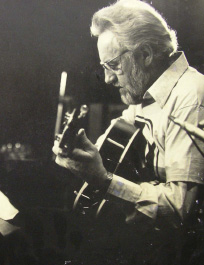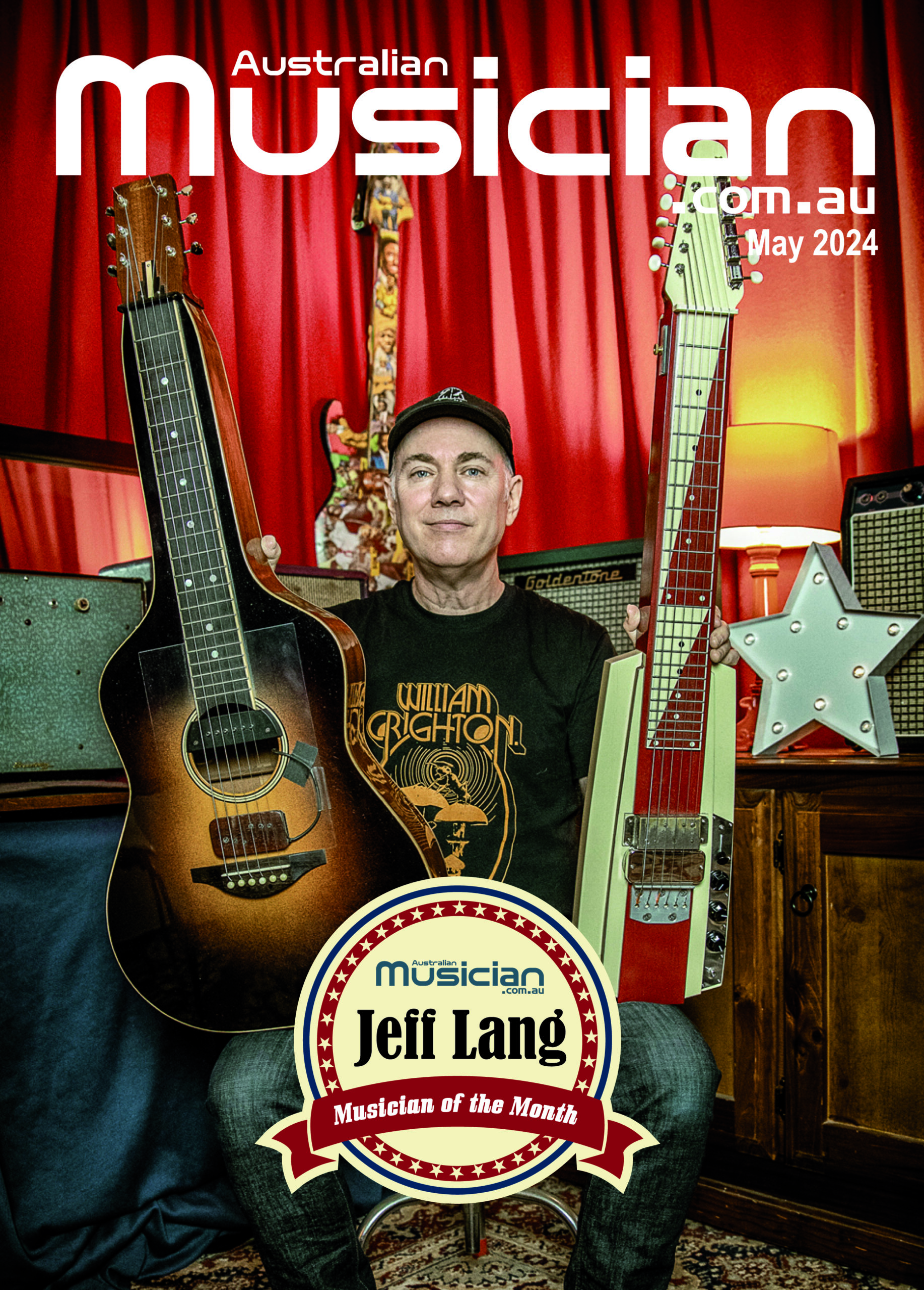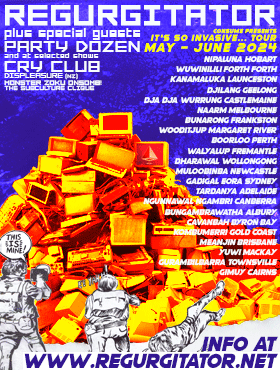REMEMBERING BRUCE CLARKE
September 23, 2008 | Author: Simon Patterson
 July 2008 saw the passing of a remarkable figure in both the guitar community and wider musical spheres of Australia. The name Bruce Clarke may not be familiar to some readers. Over roughly a sixty year period, Bruce made a profound contribution as a working professional and as an educator. In what might be viewed historically as a ‘golden’ period in the evolution of popular music in Australia, Bruce Clarke was a figure (along with others such as Don Burrows) that articulated their considerable industry experience toward the educational realm.
July 2008 saw the passing of a remarkable figure in both the guitar community and wider musical spheres of Australia. The name Bruce Clarke may not be familiar to some readers. Over roughly a sixty year period, Bruce made a profound contribution as a working professional and as an educator. In what might be viewed historically as a ‘golden’ period in the evolution of popular music in Australia, Bruce Clarke was a figure (along with others such as Don Burrows) that articulated their considerable industry experience toward the educational realm.
Born in Melbourne in 1925, Bruce (along with John Williams’ father Len) was among the first freelance/session guitar players in Australia. During this period, he worked from the late forties through to the mid fifties with various live radio orchestras and supported numerous overseas artists on their concert tours of Australia.
With the advent of television in Australia in 1956 (coinciding with the Melbourne Olympics), Bruce made the transition to film and television by setting up his own ‘Jingle Workshop’ production studio in 1957. Bruce once told me he was able to draw from an exceptionally talented group of musicians on the Melbourne scene, which no doubt helped in the 3000 odd credits for television ads and programmes as well as film soundtracks produced for local and international markets.
Also involved in composition, Bruce became President of the International Society of Contemporary Music. Under this title he oversaw the realisation of various works along with many debut performances in Melbourne of material from composers such as Stockhausen and Werders. He also toured Europe with Felix Werder’s Australian Ensemble working with noted conductors Sir John Barbarolli, Charles Mackerras and John Hopkins. In 1981 he also played second guitar to John Williams with the Melbourne Symphony in Andre Previn’s Concerto for guitar and Orchestra.
Many readers might be unaware that after taking up an invitation to accept a position on the Australia Council, becoming Kenneth Myer Music Fellow to the Victorian Institute of Colleges, Bruce was responsible for the jazz studies program at the Victorian College of the Arts. This program, along with that offered at the NSW Conservatorium, are still the peak training programs for popular music study on offer in Australia. Since its inception in 1977, literally hundreds of students across a range of instruments have undertaken the VCA course.
In addition to the VCA Jazz Studies program, Bruce also established himself in guitar education circles both as a columnist for Jamm magazine, where he interviewed the likes of John McLaughlin, Joe Pass and Charlie Byrd and established his highly successful Bruce Clarke Guitar Workshop.
With this study programme, Bruce drew upon his considerable personal experience and elements from the Berklee School of Music’s Howard Roberts, founder of G.I.T. Los Angeles. Central to Bruce’s philosophies in study were the ability to read and write notation, the ability to improvise intelligently through chord progressions and popular songs and an understanding of what was required in terms of standards in order to make a successful career as a guitar player.
He emphasised the importance of students striving for an original voice by recognising their natural temperaments on the instrument, and thinking musically as opposed to one letting the fingers do all the walking. Championing qualities that reflected the Australian environment, unique Australian qualities in someone’s playing and music were also important to Bruce. He knew thousands of songs and felt that the study of form was essential as a musician was only good as their memory.
As a fourteen year old, with some vague notions of wanting to be a session musician and understanding jazz and contemporary chord progressions, Bruce’s study program offered a clear pathway. After an initially daunting audition for Bruce, I worked as hard as I could on the Berklee Guitar Method and with considerable help from associate teacher Vince Hopkins, reading and improvising started to make sense.
I remember Bruce as a formidable character, fiercely academic on one hand (for example, making a personal study of James Joyce’s ‘Ulysses’) and on the other hand, the street intuition of someone who had seen it all in the music industry. He was definitely one that didn’t suffer fools and held firm beliefs. Bruce influenced by the likes of Charlie Christian and Django Reinhardt, often held workshops involving many of the jazz greats such as Joe Pass, Herb Ellis and Barney Kessel and definitely cultivated an integrity at his teaching workshops commensurate with these greats.
Perhaps we’re all a product of our respective generations as Bruce certainly didn’t think much of many fusion or rock guitarists, but then again, not many are prepared to take the time to appreciate what goes into becoming a Segovia or Joe Pass!
Bruce must have seen hundreds of guitar students pass through his Guitar Workshop, many corresponding or travelling from interstate. Some of Bruce’s noted students include Steve McKenna, Doug DeVries, Vince Hopkins, Mark Cally, Pierre Jonquinot and Simon Binks (founder of Australian Crawl). I’m sure, given the breadth of Bruce’s influence, there are many guitar players and musicians for that matter, who are very grateful for his contribution. For a period there, he galvanised the guitar community in a way I’ve not seen except for Frank Corniola and the drumming community.
As for myself, I’ve always emphasised in this column the benefits of a good teacher/ mentor and feel it’s vital for contemporary music’s survival that current generations respect and understand the contributions of craftsmen like Bruce Clarke (who continued to work up until his passing) have made. I realise that wherever I go to play over the years, be it TV, theatre or a recording session, I have Bruce Clarke to thank.
Special thanks to www.thejazzman.com.au and www.guitarteacher.com.au for biographical material.


